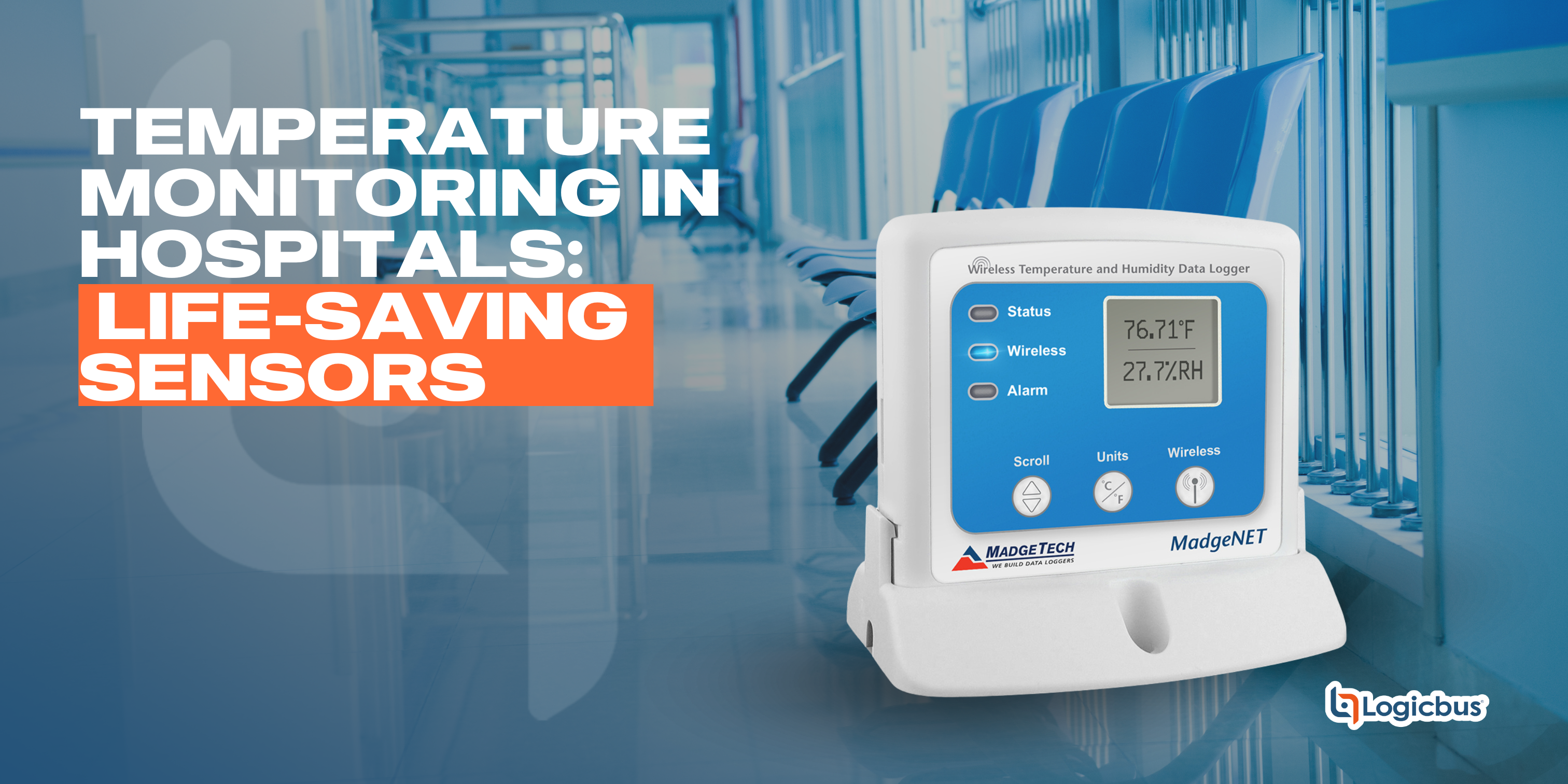The Importance of Temperature Sensors in Hospitals
Temperature sensors are essential for maintaining stability in critical healthcare environments. These devices allow healthcare professionals to monitor changes in patients’ body temperatures, helping to detect issues early, such as infections or postoperative complications.
In hospitals, sensors are widely used in areas like Intensive Care Units (ICU), neonatology, and operating rooms, where each degree of temperature can significantly impact patient health.
Critical Applications of Temperature Sensors in Hospitals
- Incubators for Newborns: Incubators for premature babies rely on temperature sensors to create a controlled environment. These sensors maintain the precise temperature newborns need, reducing the risk of complications and promoting healthy development.
- Fever Monitoring in Critical Patients: In severely ill patients, body temperature is a key vital sign. Temperature sensors enable constant, non-invasive monitoring, helping detect and treat infections quickly.
- Operating Room Temperature Control: During surgeries, temperature sensors ensure that patients remain within the proper temperature range. This is crucial to prevent complications like surgical hypothermia, which can negatively impact postoperative recovery.
- Storage of Temperature-Sensitive Medications: Some medications, such as vaccines and blood plasma, need to be stored at specific temperatures. Sensors in refrigerators and transport equipment ensure that these products maintain their effectiveness. If you need reliable sensors to monitor these types of applications, Logicbus offers a wide range of solutions.
Advantages of Using Temperature Sensors in Hospitals
- Accuracy and Speed: They provide instant and precise readings, facilitating continuous control.
- Non-invasive Monitoring: Sensors eliminate the need for constant interventions, improving the patient experience.
- Prevention of Complications: Continuous monitoring allows early detection of problems, enabling swift intervention.
- Integration with Automated Systems: Many sensors integrate with centralized systems that can alert medical staff or automatically adjust patient conditions.
Why Choose Temperature Sensors from Logicbus?
At Logicbus, we offer cutting-edge technology solutions for temperature monitoring in hospitals and other critical environments. Our sensors are designed to provide the highest accuracy and reliability, ensuring that every process, from patient care to medication storage, is carried out under controlled conditions.
Whether you need temperature sensors for incubators, patient monitoring systems, or drug preservation equipment, our offerings cover all needs. We have sensors with various technologies, such as thermocouples, RTDs, and infrared sensors, tailored to the demands of hospital environments.
Conclusion
Temperature sensors are an indispensable tool in hospitals and clinics, ensuring that appropriate conditions are maintained for patient health and medication effectiveness. If you need the best temperature sensors for your medical facility, visit Logicbus, where you will find a wide selection of high-quality devices designed for medical applications.
sales@logicbus.com | support@logicbus.com | +1 619 616 7350 | Start conversation





